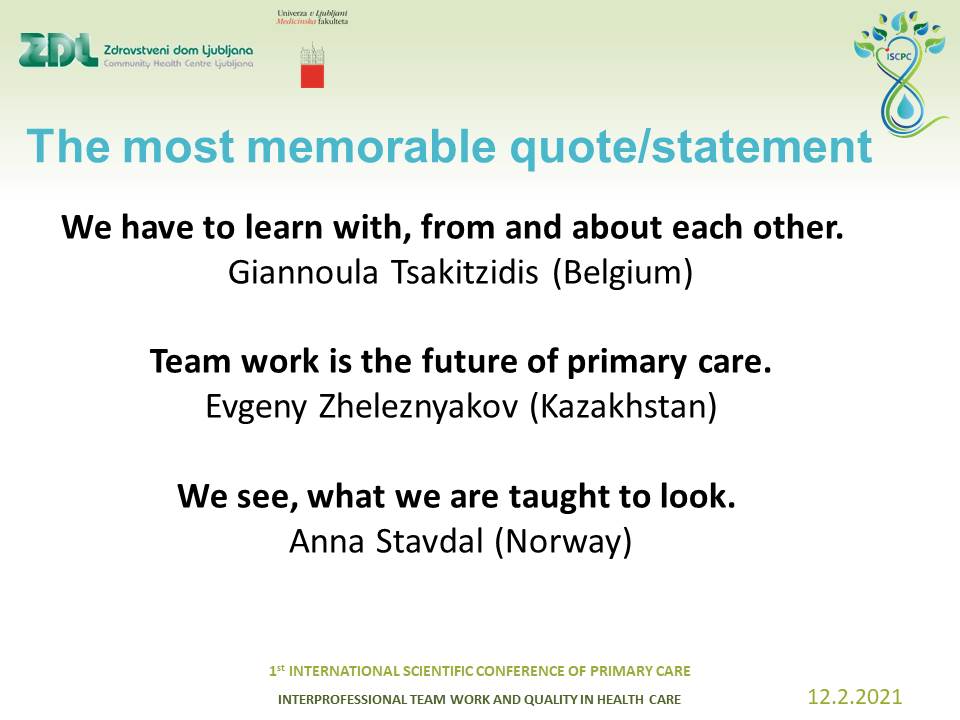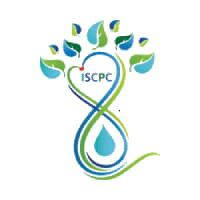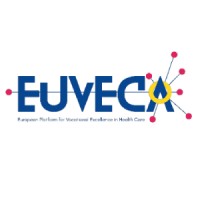On Friday, 12 February 2021, the Community Health Centre Ljubljana, in collaboration with the Faculty of Medicine, University of Ljubljana, organized the 1st International Scientific Conference of Primary Care (ISCPC) in Slovenia entitled: “Interprofessional teamwork and quality in healthcare”. The conference focused on interprofessional teamwork and quality in healthcare, considering that patient care at the primary care level is increasingly complex and there are also many challenges in terms of quality, safety, and teamwork. The conference was intended for all professionals involved in primary care as well as educators, key opinion makers, informal carers, and patients. Many distinguished domestic and foreign experts participated – and the importance of the conference was recognized by WHO, which became actively involved in the events.
In addition to Slovenian primary care experts, the keynote speakers at the first ever international scientific event in the field of primary healthcare in Slovenia were David Grant, President of the Society in Europe for Simulations (SESAM), Dr Anna Stavdal, President-elect of the World Organization of Family Doctors – WONCA (Norway), prof. Sally Kendall from the University of Kent (UK), prof. Jasna Mesarić from Libertas International University (Croatia) and Adrian Rohrbasser, Associate Researcher from the University of Bern (Switzerland).
The main topics of the conference were:
- professionalism and interprofessional collaboration in primary healthcare;
- teamwork - horizontal/vertical collaboration and care transition;
- quality and safety in primary healthcare;
- simulations in education and training;
- long-term care in primary healthcare and the role of informal carers;
- new patient-centred care challenges in interprofessional groups;
- primary care structure and quality.
Participants presented the results of their research, which may in specific fields significantly contribute to a better approach and different care for individuals and the population at the primary care level.
The importance of the ISCPC conference was also recognized by WHO, which took the initiative in requesting to actively participate in the event. Visibility of the conference on WHO’s site presents a great success and compliment to Slovenia for its work at the primary healthcare level. WHO’s reflection concerning the first section “Interprofessional Primary Care” was given by consultant and professor of primary care, prof. Dr Liesbeth Borgermans, with key emphasis on the importance of applying a scientific approach to designing and improving the quality of work at the primary level.
Their representative Dr Evgeny Zheleznyakov, MD, PhD, who joined in to provide comments, emphasized among other things that teamwork is the future of the primary level – and that, in Slovenia, the latter is among the better-developed ones.
The conference was held under the auspices of the European Society for Quality and Safety in Family Practice (EQUIP), the European Forum for Primary Care (EFPC) and the Society in Europe for Simulations (SESAM).
The conference participants were most interested in the lectures given by key foreign lecturers.
The lecture by Jasna Mesarić, entitled Safety Culture in Primary Health Care, covered essential aspects of patient safety culture and of measuring the patient safety culture, particularly in the primary healthcare environment, and provided a case study from Croatia. Certain results were presented regarding descriptive statistics and analysis of links between the results of the Croatian version of the Safety Attitudes Questionnaire - Ambulatory Version (SAQ-AV) and demographic characteristics within the observational cross-sectional study of Croatian general medicine services outside working hours.
Adrian Rohrbasser focused his lecture on understanding how and why quality circles work in primary care. Quality circles and similarly structured small groups are often used in primary healthcare in Europe for the purpose of gradually improving standard practices. It involves taking complex social action in a rapidly changing primary healthcare system. Numerous monitored tests and reviews have demonstrated their positive effects on behaviour change. Since the effects vary in terms of magnitude, he aimed to understand how and why quality circles achieved results with a realistic approach. Rohrbasser conducted a joint survey with interested parties to identify their interests and desires in line with his research and their mental model of quality circles, which he used as a framework for his realistic review. After identifying the relevant documents and selecting and excluding the relevant data, he proceeded to identify and analyse the content configurations and mechanisms that shaped the work results of the quality circles. From these, he formulated theory development proposals for the programme on which quality circles are based, then refining them and combining them into successive interviews with participants, moderators, and managers of quality circles.
In her contribution, Sally Kendal addressed the relationship between research, impact and policy and the implications of changes in primary healthcare research based on a published work concerning the impact of health research on policy in the UK. The objective was to show how assumptions and post-change challenges can shape the path to policy implementation. She emphasised that scientifically obtained evidence is key to shaping healthcare policy. Connecting and ongoing communication between the profession and policy is important so that the latter can implement the proposals.
The topic of primary healthcare was addressed by Anna Stavdal as the foundation of sustainable health systems, as well as a precondition for achieving universal access to healthcare. She stressed that a team is necessary for the provision of primary care and that there are various service-providing models. Her presentation highlighted the composition of primary care teams, focusing on professionals in first-level healthcare, particularly on the role of a family doctor.
Improved care through simulation was the central theme of the lecture by David Grant. Despite the implementation of numerous initiatives for patient safety in contemporary healthcare, the rate of avoidable morbidity and mortality remains high. In order to achieve a sustainable supply of safe healthcare, organizations need to find innovative ways to combine lifelong learning with high performance, while simultaneously providing service. Grant says it is essential to create a psychologically safe environment where the emphasis is on continuous learning, not the distribution of guilt, and the goal is to solve problems and distribute learning. He described their approach to using simulations in a variety of ways that allow them to harness the passion and curiosity of their staff for innovation and adaptation. He says they should be supported in terms of translating learning into new types of behaviour in the clinical setting. Changing their work as completed and awarding them ownership over achievement of their desires, instilling in them a sense that things can change, and motivating them to strive for continuous improvement.
The specified conference showed strategic directions where emphasis can be placed on further measures in Slovenian primary healthcare for improved and higher-quality action. It has also been shown that, although the field of family medicine has no legally funded research activities within the Tertiary as other clinical professions do, it nevertheless contributes to science. This is especially important because this activity is encountered by the broadest masses of patients who can benefit from it. The scientific conference held in Slovenia brought together over 200 experts from all over Europe, and the interexchange of experiences also gave rise to new developmental research challenges.










